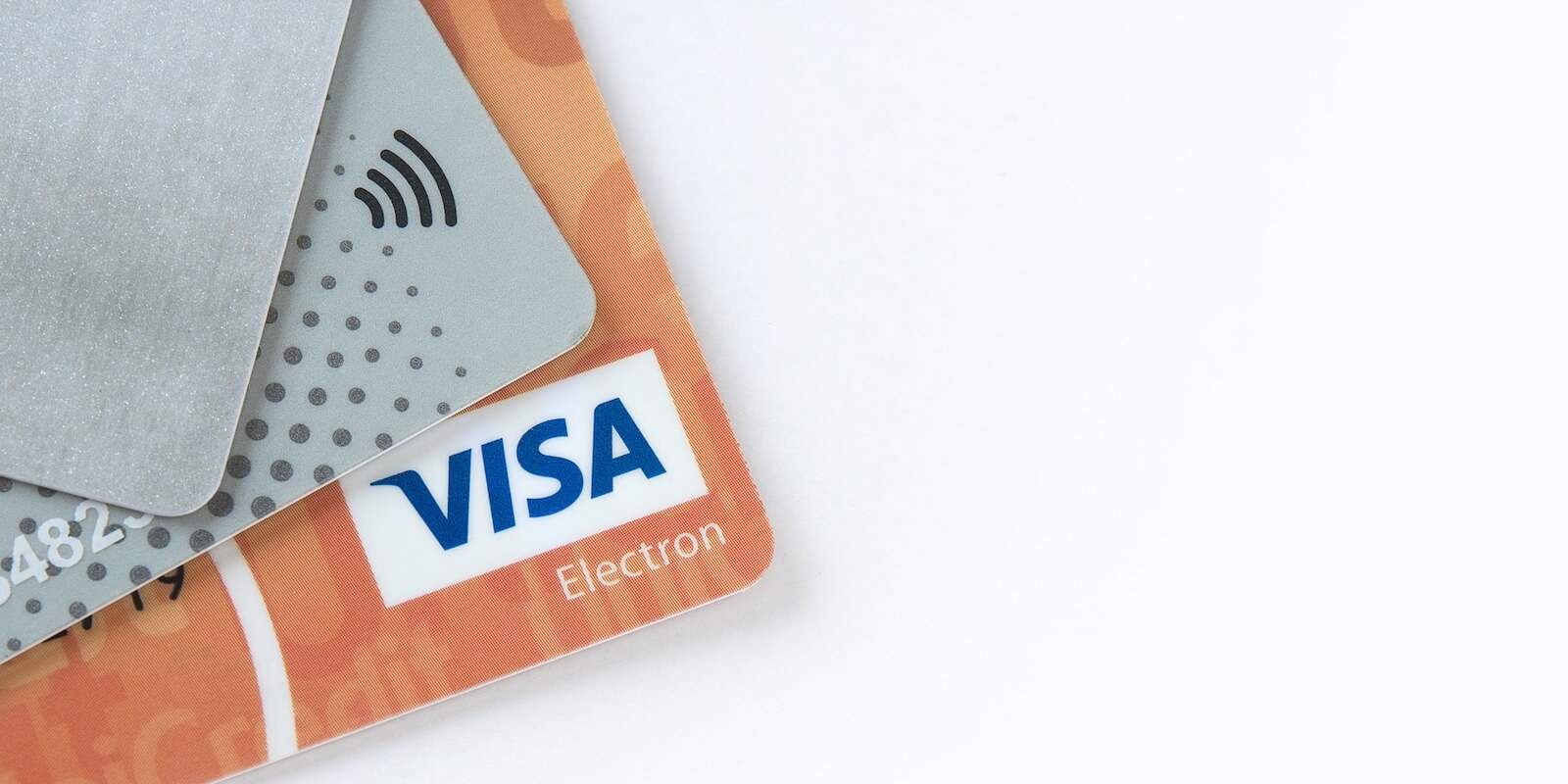
If you’ve got poor credit or no credit at all, it can be frustrating to turn things around, mostly because a lot of credit card companies don’t want to issue a card to you. They think you’re too much of a risk. Without a credit card, it’s difficult to build or rebuild your credit. But there is an option that can put you on the path toward financial freedom: a secured credit card.
What is a secured credit card?
A secured credit card requires you to deposit a certain amount of money to “secure” the account. If you get too far behind on payments or slip up in some other way, the card issuer can keep your deposit to recover losses.
Oftentimes, the amount of the refundable deposit will match the credit limit for the card. For instance, you could deposit $500 and get a $500 credit limit.
“Due to the fact that you are securing the account with your own funds, there is less risk involved for the card issuer. As a result, credit card issuers are often willing to approve your application even if you have past credit problems,” says Michelle Black, a credit expert at HOPE4USA.com, a credit education and restoration program in the Charlotte, North Carolina, area.
Secured credit cards vs. unsecured
A secured card is much like an unsecured card except for one big difference — an unsecured card does not require a cash deposit. With a traditional (unsecured) card, your credit limit is based on how much or little of a credit risk the issuer thinks you are.
How secured credit cards work
Once you obtain a secured credit card, the card issuer typically will report your activity, such as whether you’re paying your bills on time, to the three major credit-reporting bureaus (Equifax, Experian and TransUnion). Your credit reports then become the foundation for your credit history and your credit scores. (You actually have many credit scores, but that’s another story.)
With a secured credit card (or any credit card, for that matter), it’s critical to make on-time monthly payments of at least the minimum amount due.
It’s even better, however, to pay off the full balance each month. That way, you keep your credit utilization rate low — the amount of credit you’re using versus the amount of credit you’ve got available. Your credit utilization rate is a big factor in calculating your credit scores.
“Secured credit cards can offer you a powerful tool to help build your credit, as long as you manage them properly,” Black says.
“Remember, a secured credit card is only a tool. It is up to you how you to determine how you will use that tool,” she adds. “If you manage secured cards well, then your credit scores may benefit from the account. If you manage them poorly, then your credit scores may suffer.”
By the way, debit cards and prepaid cards aren’t tools to build or rebuild your credit. Why? They don’t involve getting credit and the issuers don’t report any of your card activity to the three credit bureaus.
How to get the best deal
If you’ve decided that a secured credit card would benefit you, follow these tips from credit expert Julie Marie McDonough, author of “How to Make your Credit Score Soar,” to make sure you’re getting the best deal:
- Shop around for the best interest rate, known as the annual percentage rate, or APR. It’s basically how much the card issuer will charge you to borrow its money. The lower the APR, the less money you’ll pay to borrow the money.
- Find out whether the card issuer charges any annual or monthly fees. Some secured cards have no annual fees. Bonus: Some secured cards offer rewards, such as cash back.
- Read the fine print. Going through all of the hard-to-read details about a card is a boring but important task so that there aren’t any surprises.
- Figure out whether the issuer of the secured card you select reports your activity to the three major credit bureaus. Most issuers do, but some don’t. If an issuer doesn’t report your activity to the credit bureaus, then it’ll do you little good to get a secured card from that company.
